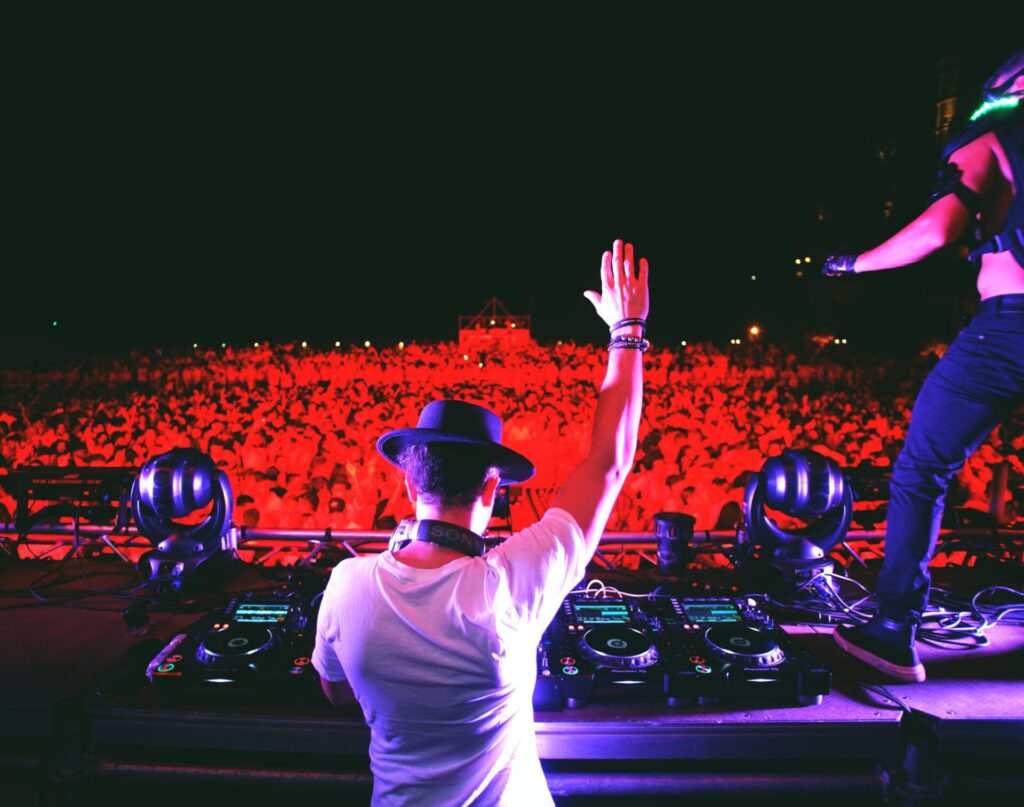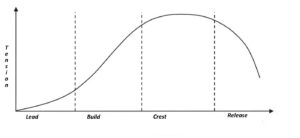What’s your attention span?
Before Y2K, the average adult human being’s attention span was 12 seconds.
In 2015, that attention span had decreased to 8.25 seconds. That’s less than the attention span of a goldfish. And it’s a lot less than the average attention span we had up until around age 16. Our birth-to-16 attention spans are measured in double-digit minutes, not single-digit seconds.
Video doesn’t do much better: these days we average 2.7 minutes with a video before moving on.
I could spend the rest of this post talking about how to use music to improve your attention span and focus and retention, but that’s not my point, and those benefits of a music practice have been well covered in the scientific peer-reviewed and self-help literature for decades now. Maybe you weren’t paying attention….
The point, just in case you missed it, is that we are not as good at paying attention as we used to be only a few short years ago.
Elevator pitch? It had better be less than 8.26 seconds.
Video pitch? Less than 2.7 minutes, please, or your viewers are gone.
Even with those parameters, we’d better get real comfortable with the way decisions are made by all of those short-attention-span buyers and leaders, right?
And we ought to recognize that stress doesn’t help improve attention spans.
And that assembling a committee – even of dedicated team players – to figure out what to do, or taking a survey of public opinion, or polling the electorate, or any other attempt to discover some aspect of group-think is, from the start, liable for results that are based on a 31% drop in attention spans since twenty-ish years ago. And we all know how well committees were working before Y2K, don’t we?
Could this be why ghosting has become a default response to queries, offers, and emergency demands? Why increased pressure on HR and on employees isn’t producing improved results?
I’m being slightly rhetorical to set up a possible solution which, I realize, most people will never see because they’ll only have time for the first six sentences in this post and, if they’ve read to the fifth paragraph, may have felt too insulted to continue reading this far.
If you discovered a solution to attention span that had other benefits – some might call them side effects – such as reducing stress, improving productivity, creating and improving psychological safety at work, and building more cohesive, engaged, even joyful teams, would that be of interest to you?
(Still reading? Give yourself a gold star. Your attention span is at least one order of magnitude better than average.)
If the solution was affordable, scalable, and easy to deploy, would that fit into your parameters for positive change? What if the solution worked equally well to boost attention spans for WFH and RTO teams?
Bottom line: people’s attention spans increase dramatically when they are having fun. So the solution we’ve designed teaches participants how to engage their fun muscles in innovative ways.
Oh…yes: it’s all part of that decades-old research and anecdotal evidence sitting unused on shelves around the scientific and self-help communities, waiting for someone to pay attention and use it.
The nearby landing page (DJ in front of the crowd – do you see it?) will get you started. If that seems overwhelming (yes, it does require paying attention), we also have a lighter version in the form of a video on demand here.
Questions? Use the comments and I’ll answer publicly. Or DM me and we can convo privately. It’s up to you. You have 8.25 seconds. GO!
_____________________________
Over the course of more than 40 years of paying attention to how music works on us, Bill Protzmann discovered the fundamental nature and purpose of music. For many years, Bill has experimented with what he learned through performing concerts, giving lectures, facilitating workshops, and teaching classes. For example, he first published on the powerful extensibility of music into the business realm in 2006 (here and abstract here). Ten years later, in 2016, he consolidated his work into the Musimorphic Quest. In this guided, gamified, experiential environment, participants discover and remember their innate connection to this ancient transformative technology. Also, The National Council for Behavioral Healthcare recognized Bill in 2014 with an Inspiring Hope award for Artistic Expression, the industry equivalent of winning an Oscar.




